Todoquimia
Deflocculants for the ceramics industry
Clay processing by deflocculation and wet grinding is an essential technique in the production of ceramic floor and wall tiles. Developments in single-firing processes have made it essential to use atomized clay, which requires specific additives to deflocculate the slip before spray-drying.
Deflocculation consists in obtaining a high-solids, low-viscosity slurry by eliminating the plastic behavior of clays. The process is based on modifying the electrical properties of the colloidal clay/water system by means of additives that optimize its rheology.
Typology of deflocculants
Solid
- Ideal for dosing in batch processes.
Liquids
- Ideal for dosing in continuous processes. Adjustment of dosing according to system flow rate.
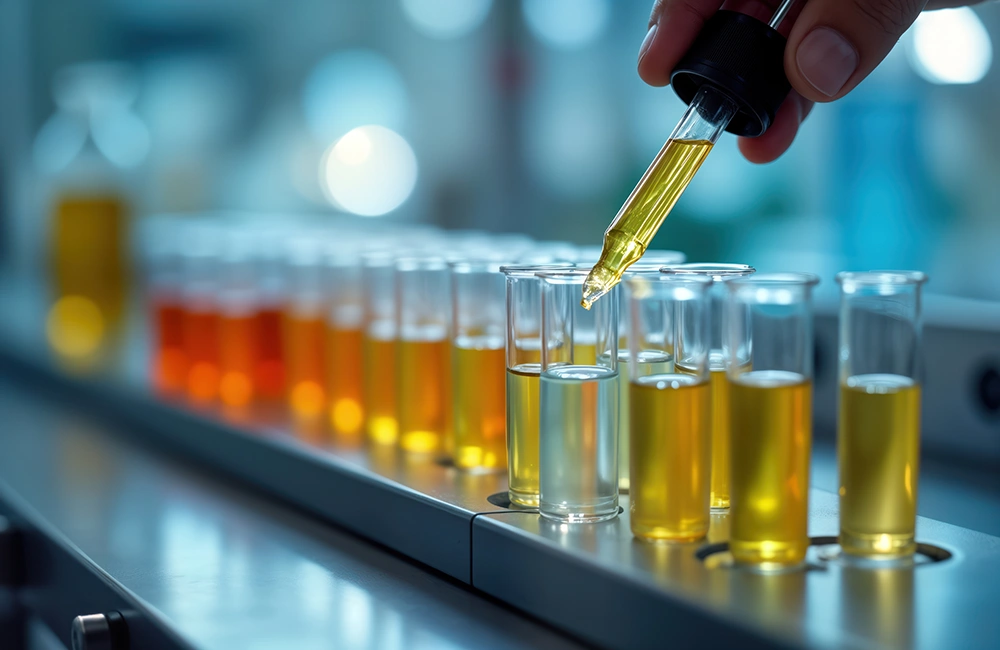
Other additives and solutions
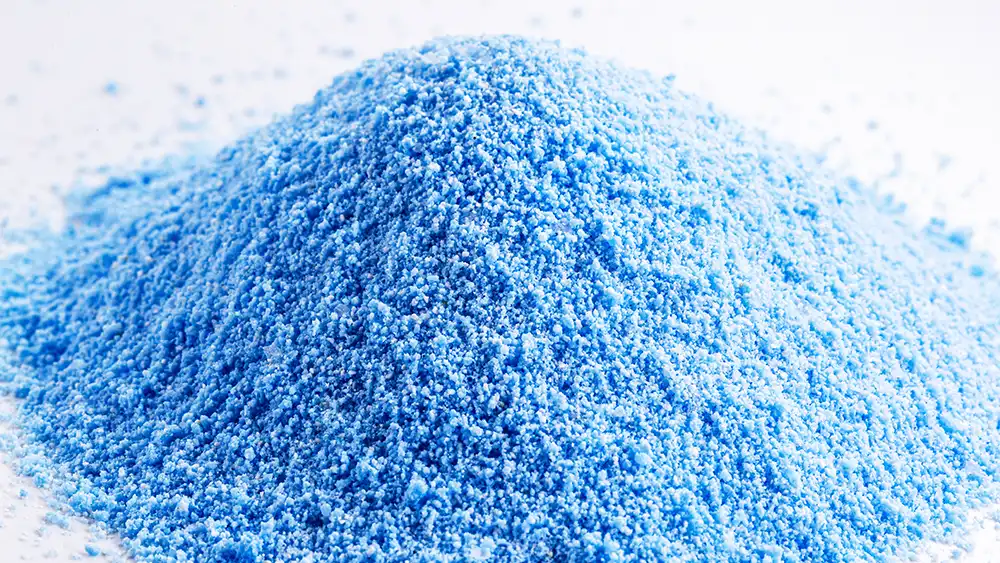
Engobes
Ribbed engobes play an essential role in the ceramics industry, providing a contact surface with the refractories inside the kiln to prevent them from sticking to their base. At Todaquimia, we develop specific engobes adapted to all firing cycles. We study each case to guarantee stable behavior in the manufacturing process, with formulations that extend the life of ceramic kiln rollers and/or avoid coloring problems due to transfers.
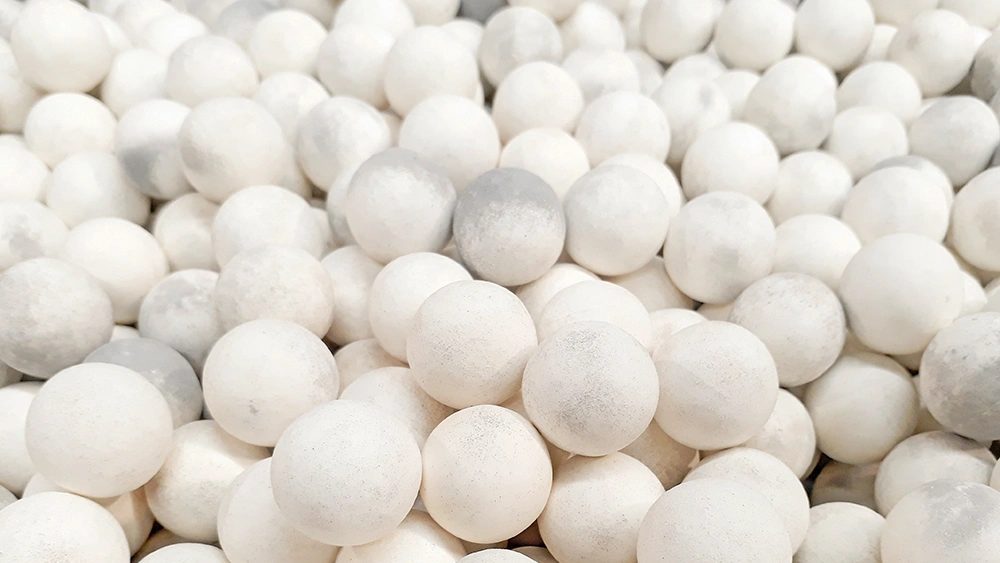
Energy efficiency additives (black core)
Additives designed to optimize the energy efficiency of ceramic firing improve the combustion of organic matter present in the clay, thus preventing defects in parts and reducing thermal cycle times.
- They facilitate the oxidation of organic matter inside the room, minimizing the black heart effect.
- Optimized furnace energy consumption, reduced environmental impact and lower production costs.
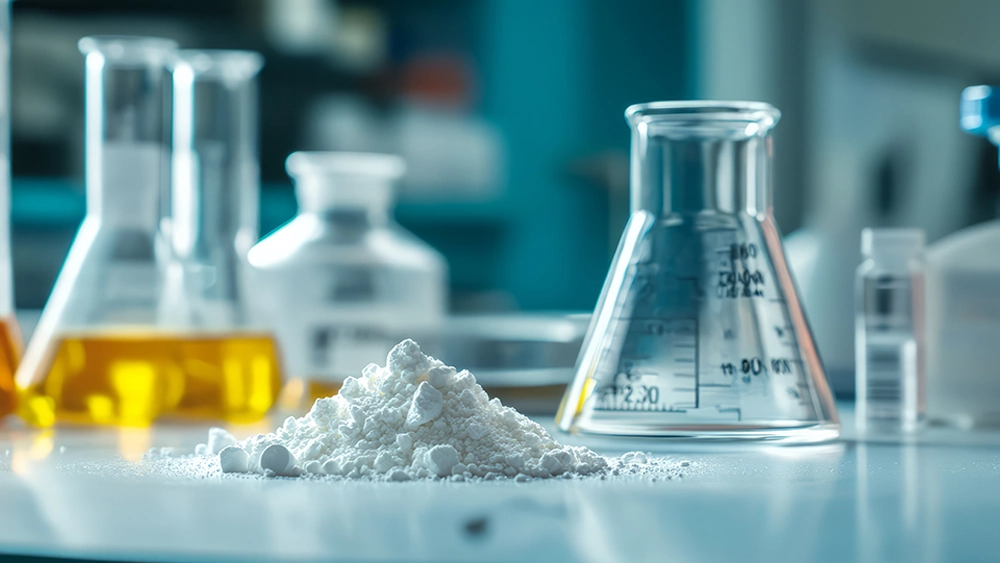
Additives for mechanical strength in green
Increasing mechanical strength in the green phase is essential to avoid defects and breakage during transport and handling of parts prior to firing.
- Structural reinforcement of the part before firing, reducing losses in the production line.
- Thinner parts can be manufactured without compromising their integrity, helping to reduce raw material and energy costs.
- Optimized workpiece handling in the pressing and drying process.
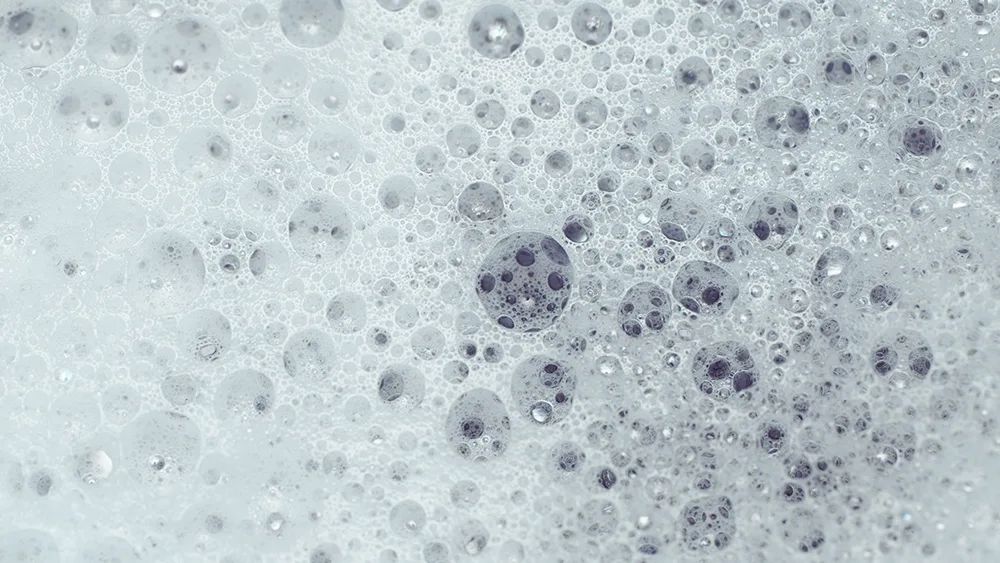
Surfactants
Surfactants play a key role in controlling the viscosity of ceramic suspensions, optimizing the fluidity of slip and glaze.
- Viscosity reducers: improve fluidity and facilitate pumping of suspensions through the production line.
- Viscosity enhancers: designed to improve the stability of colloidal systems and prevent particle sedimentation.
- Specific additives for non-aqueous inks: improve pigment dispersion and adhesion in digital printing processes on ceramics.
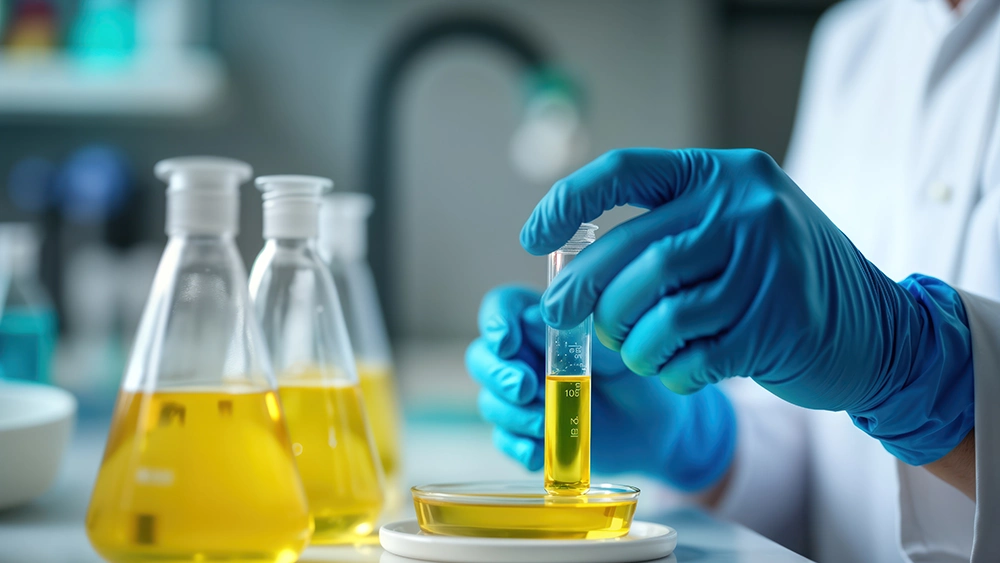
Anti-slip treatments
Anti-slip surface treatments offer added safety in applications where high slip resistance is required without compromising the aesthetics of the final product.
- They increase the coefficient of friction of the final finish, improving safety on floors and surfaces exposed to moisture.
- Formulation adapted to application conditions in production and final work.
- Compatible with different glazing systems and surface finishes.
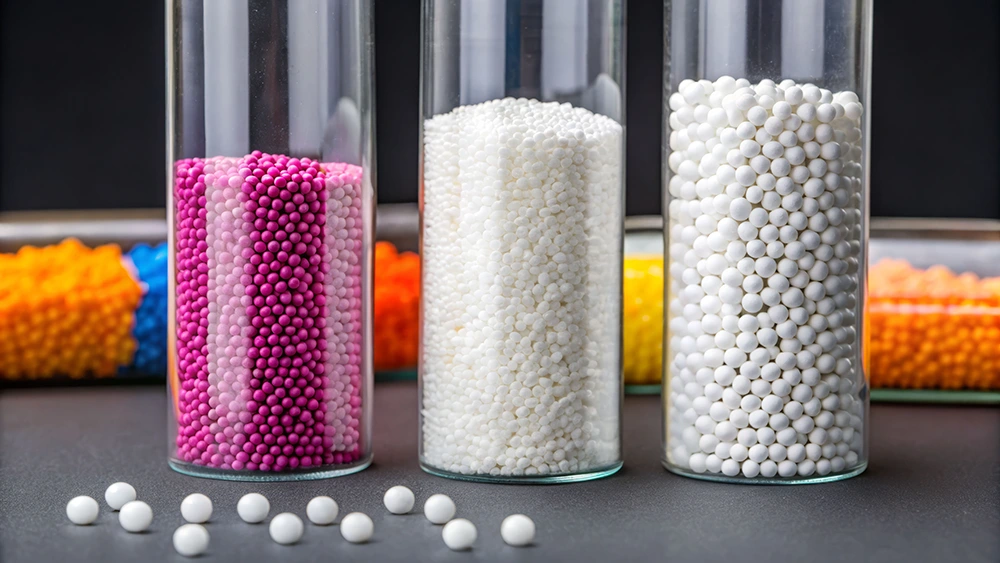
High-density alumina beads
Alumina beads are used in the grinding of ceramic raw materials because of their high wear resistance and particle size reduction efficiency.
- Increased efficiency when grinding hard materials such as quartz and feldspar.
- Available in a wide range of diameters to suit different mill types and specific process requirements.
Innovation and development
At Todaquimia, our commitment to innovation and continuous improvement enables us to offer advanced chemical solutions for the ceramics industry. Thanks to our R&D&I department, we work closely with our partners to develop additives and products tailored to every need, guaranteeing process optimization and continuous improvement in production performance.
